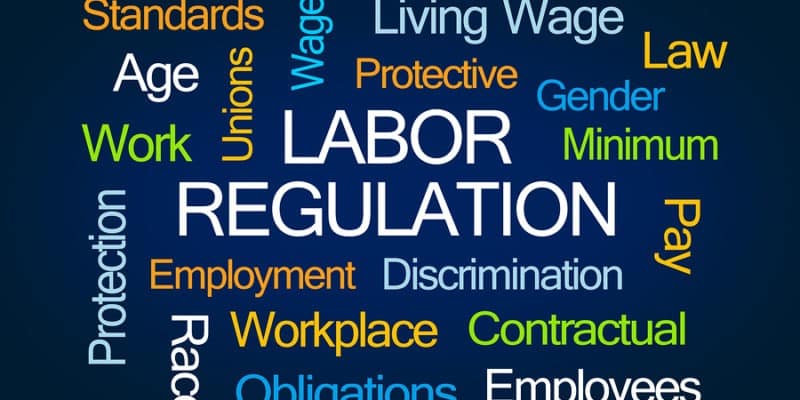Eric Casey
November 2, 2023
PI Construction Management, a Framingham-based company, has been fined $926,898 by the Massachusetts Office of the Attorney General for violations of the Massachusetts False Claims Acts.
The violation stems from the failure of a BPI subcontractor, Superior Carpentry of Framingham, to pay prevailing wages to employees working on two public construction projects in Westport and Middleborough. This led to a complaint against the company being filed in December 2021, according to a press release released by AG’s office on Wednesday.
The fine was the result of litigation between BPI and the attorney general’s office, in which BPI argued that they were relying on the accuracy of the forms submitted by Superior. BPI denied any knowledge of the fraud being committed by Superior, according to the release, but admitted that it did not take steps to ensure that the payroll information was accurate.
This is the first case under the False Claims Act that affirms that contractors are liable for facilitating misconduct by subcontractors, according to the press release.
The AG’s office estimated that workers on the project were underpaid by a combined total of $256,539.


